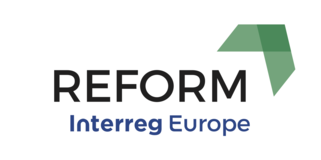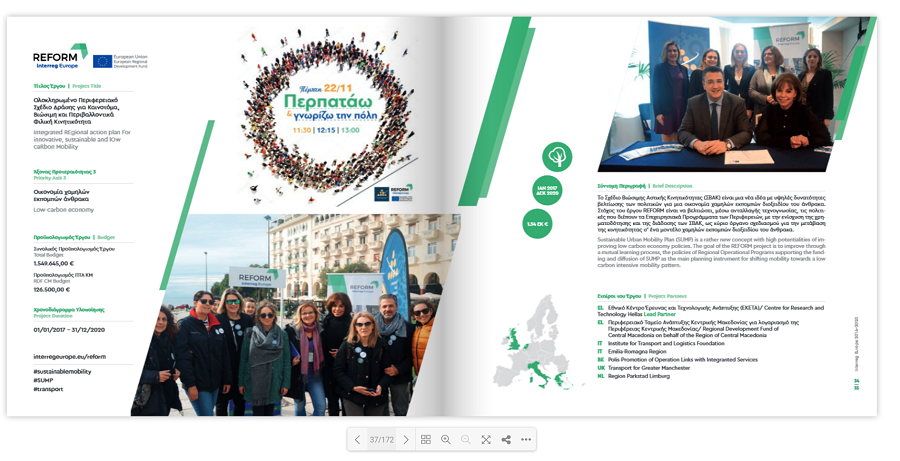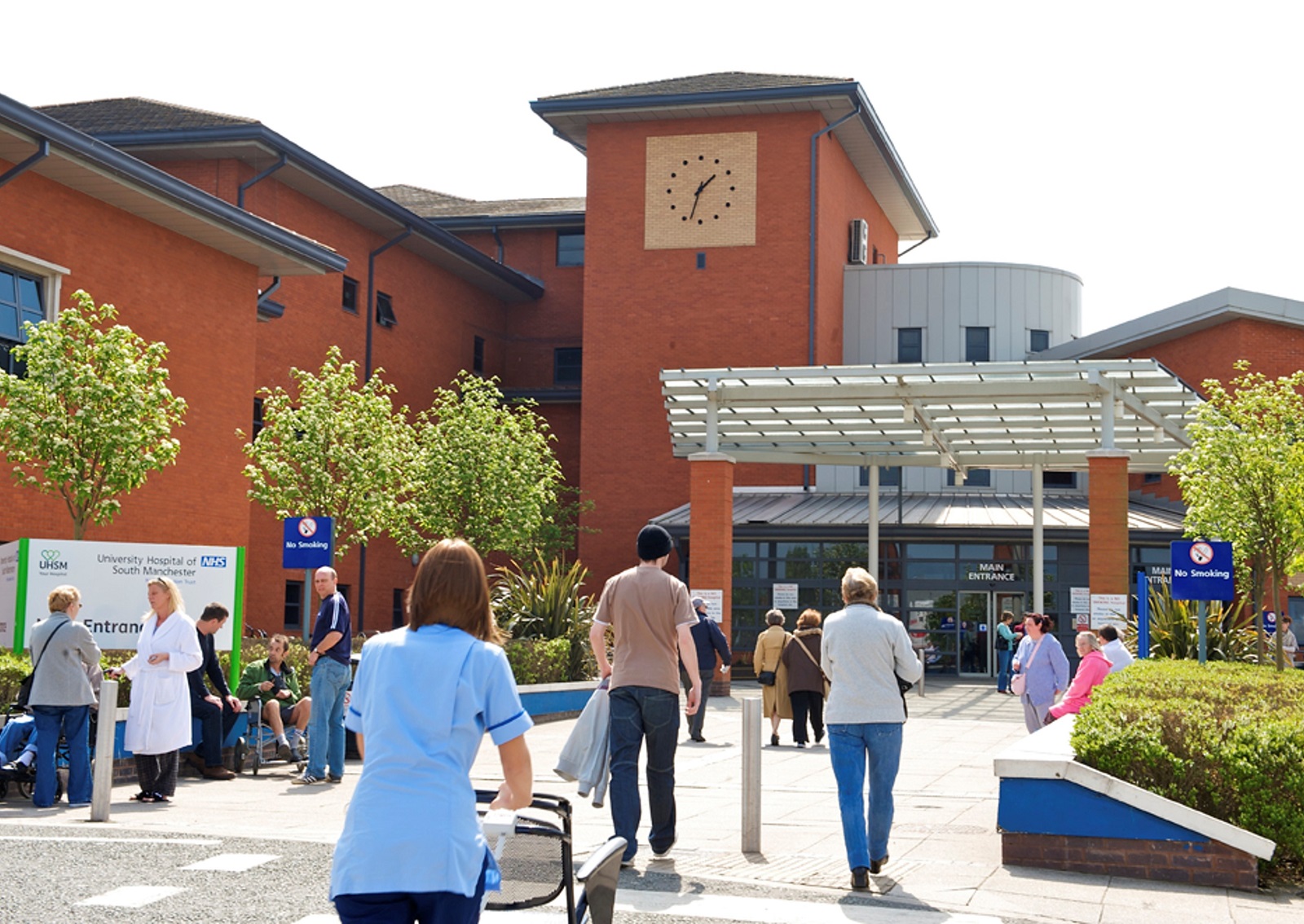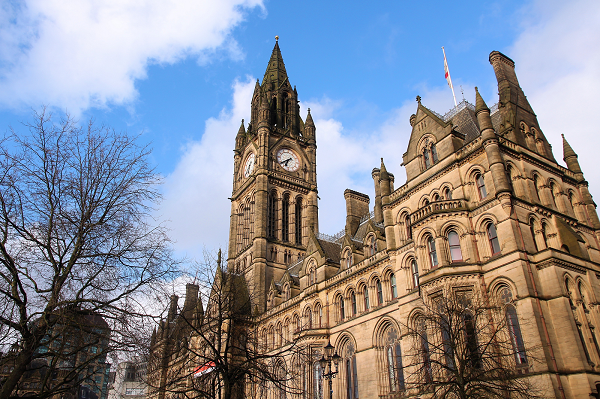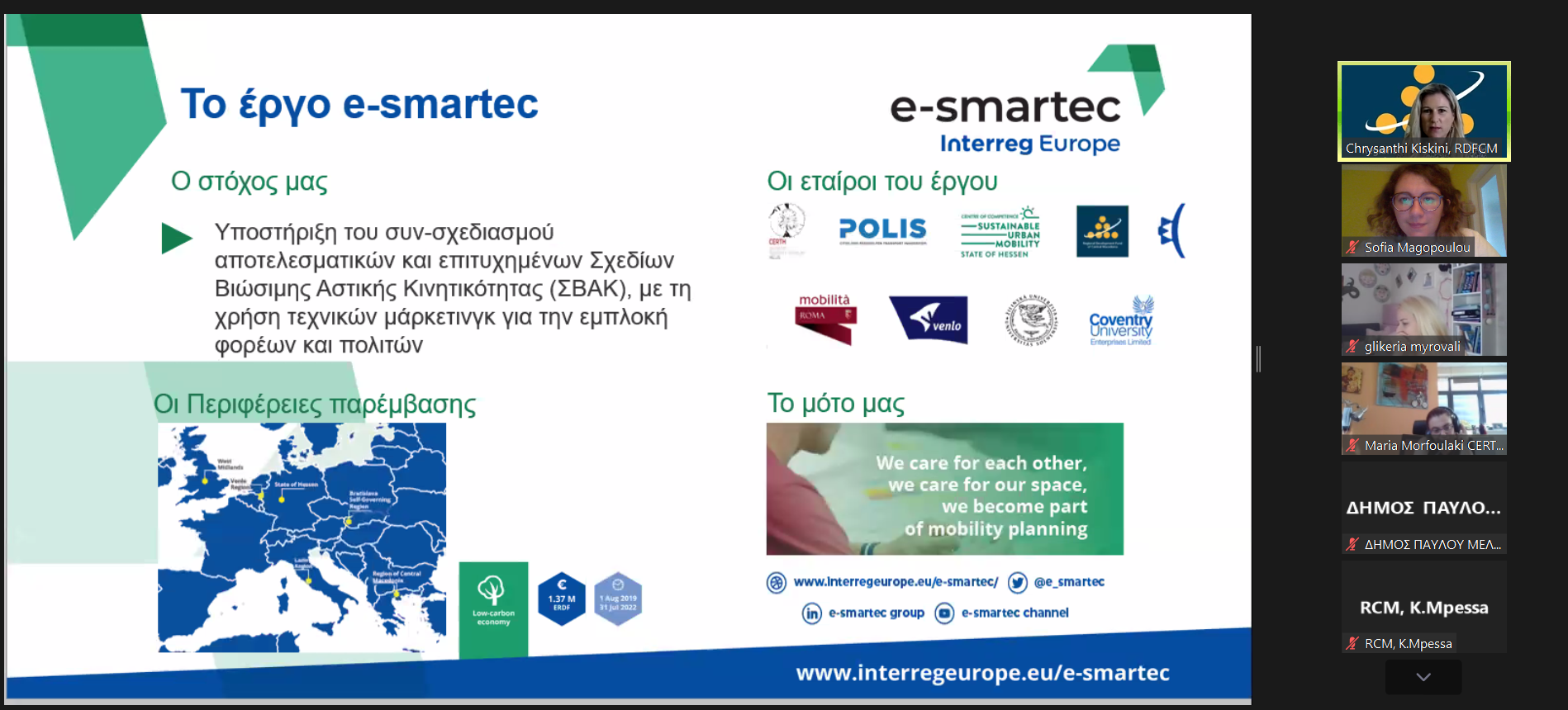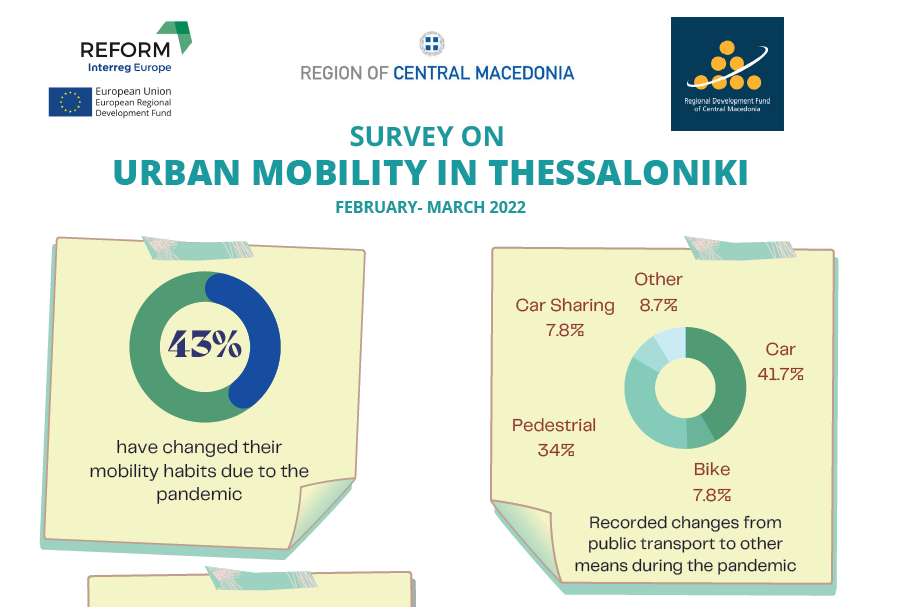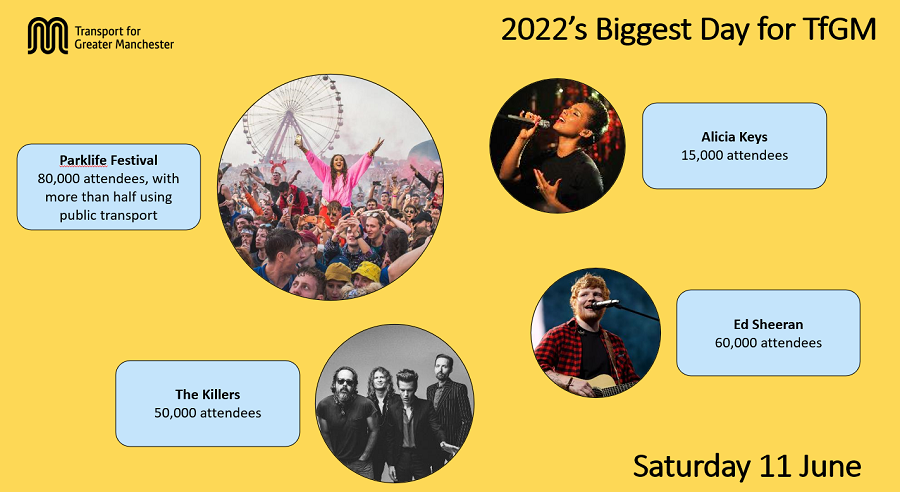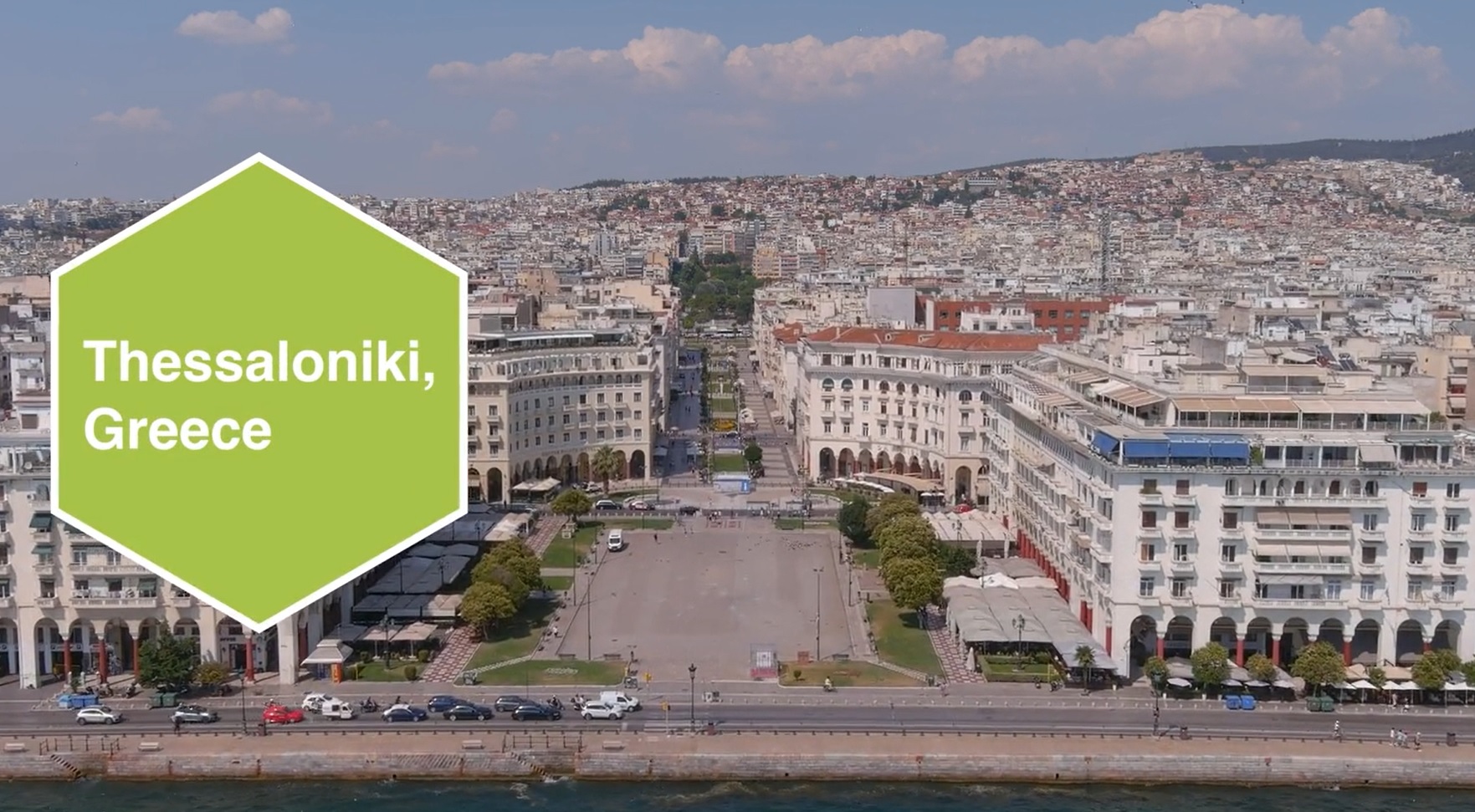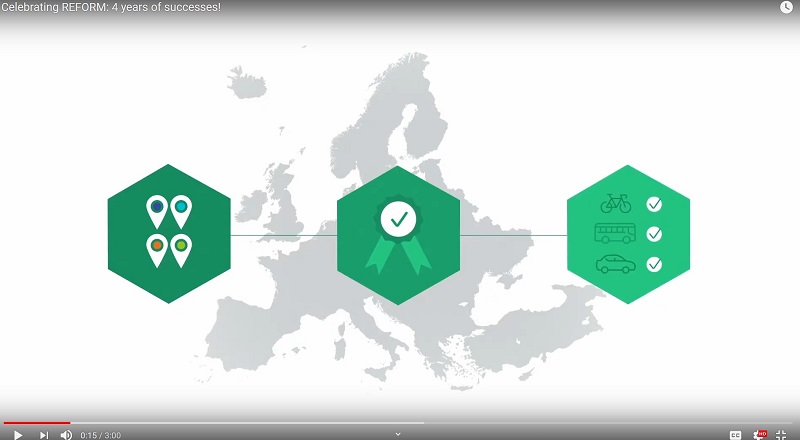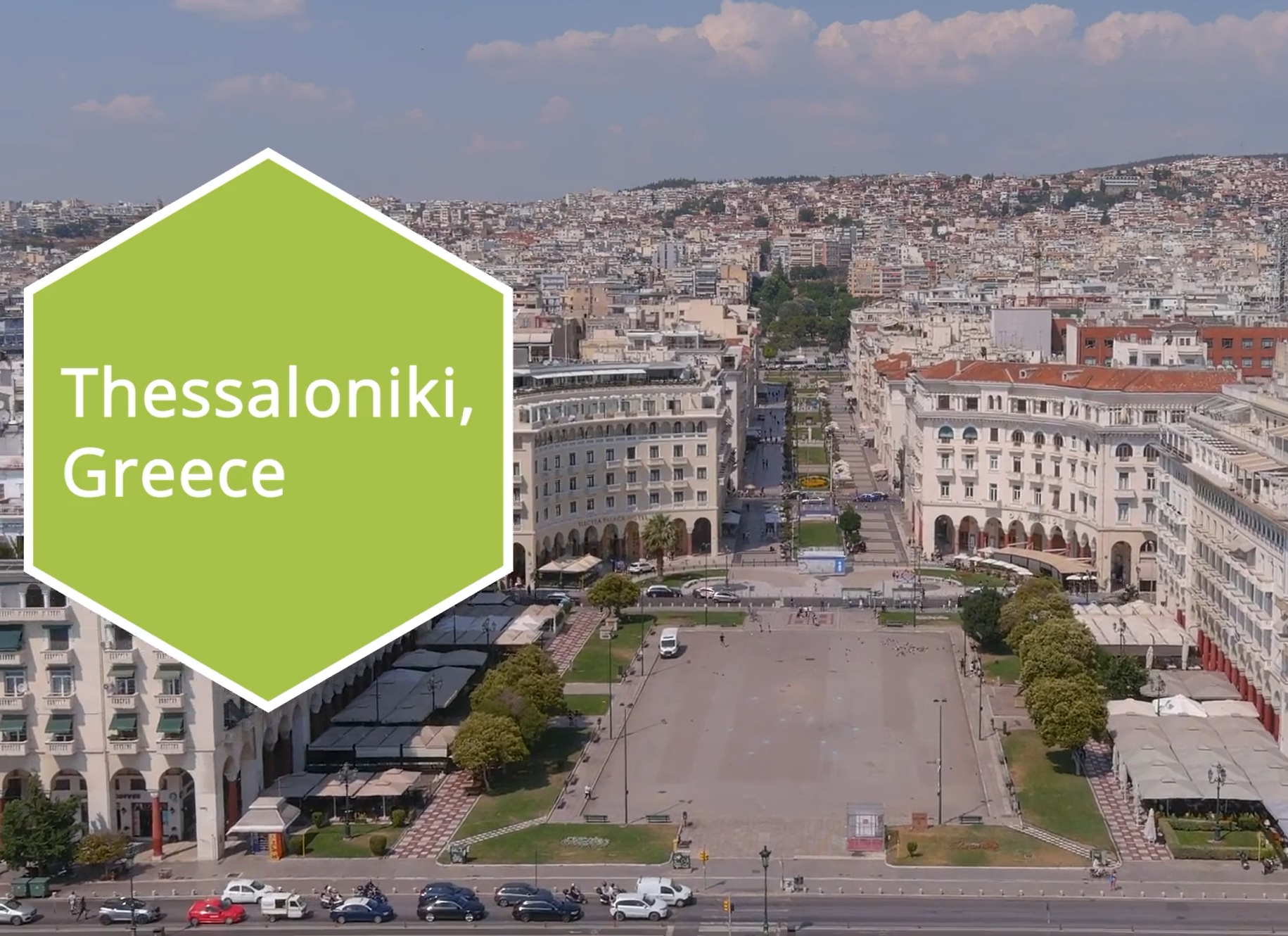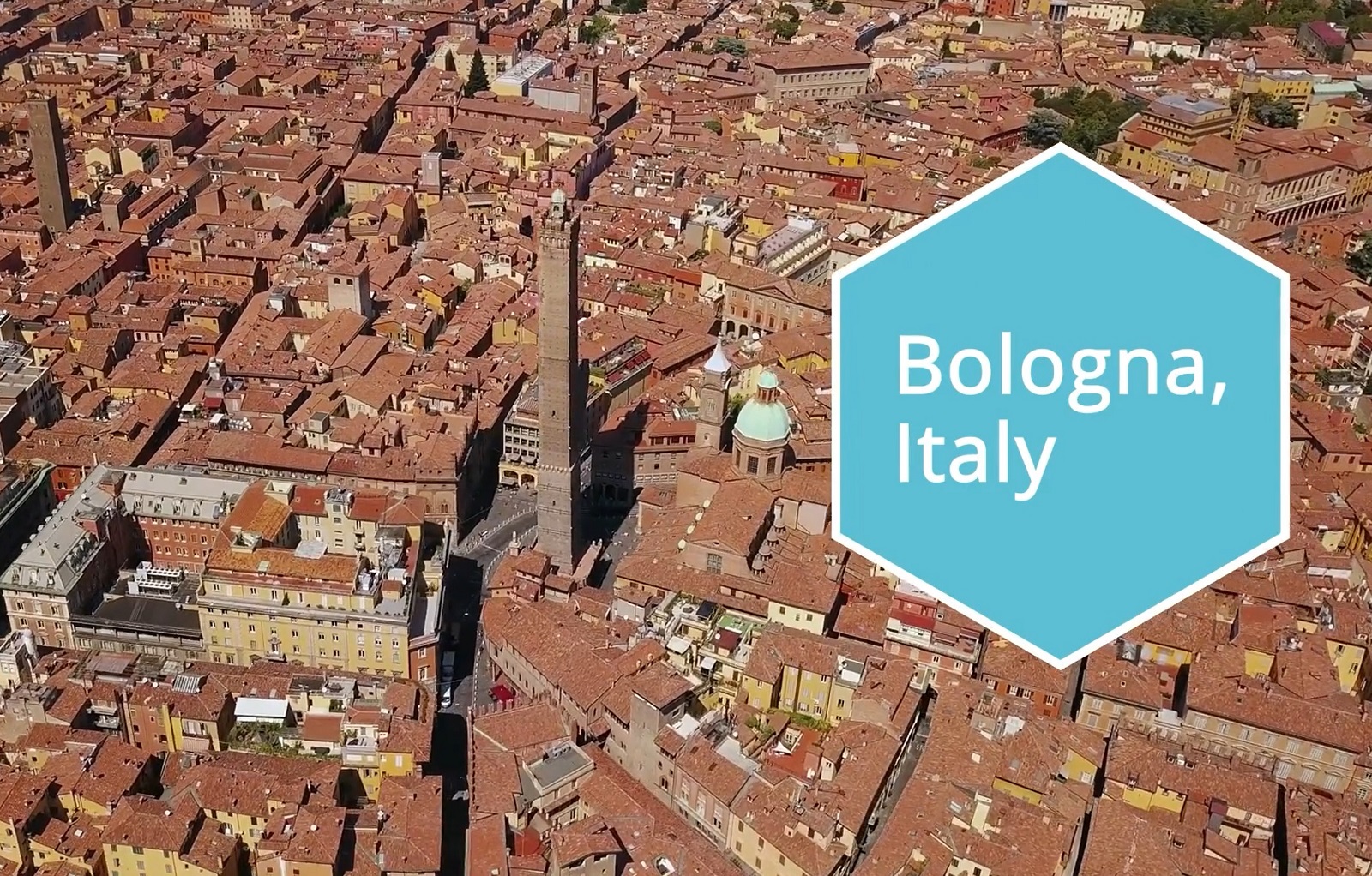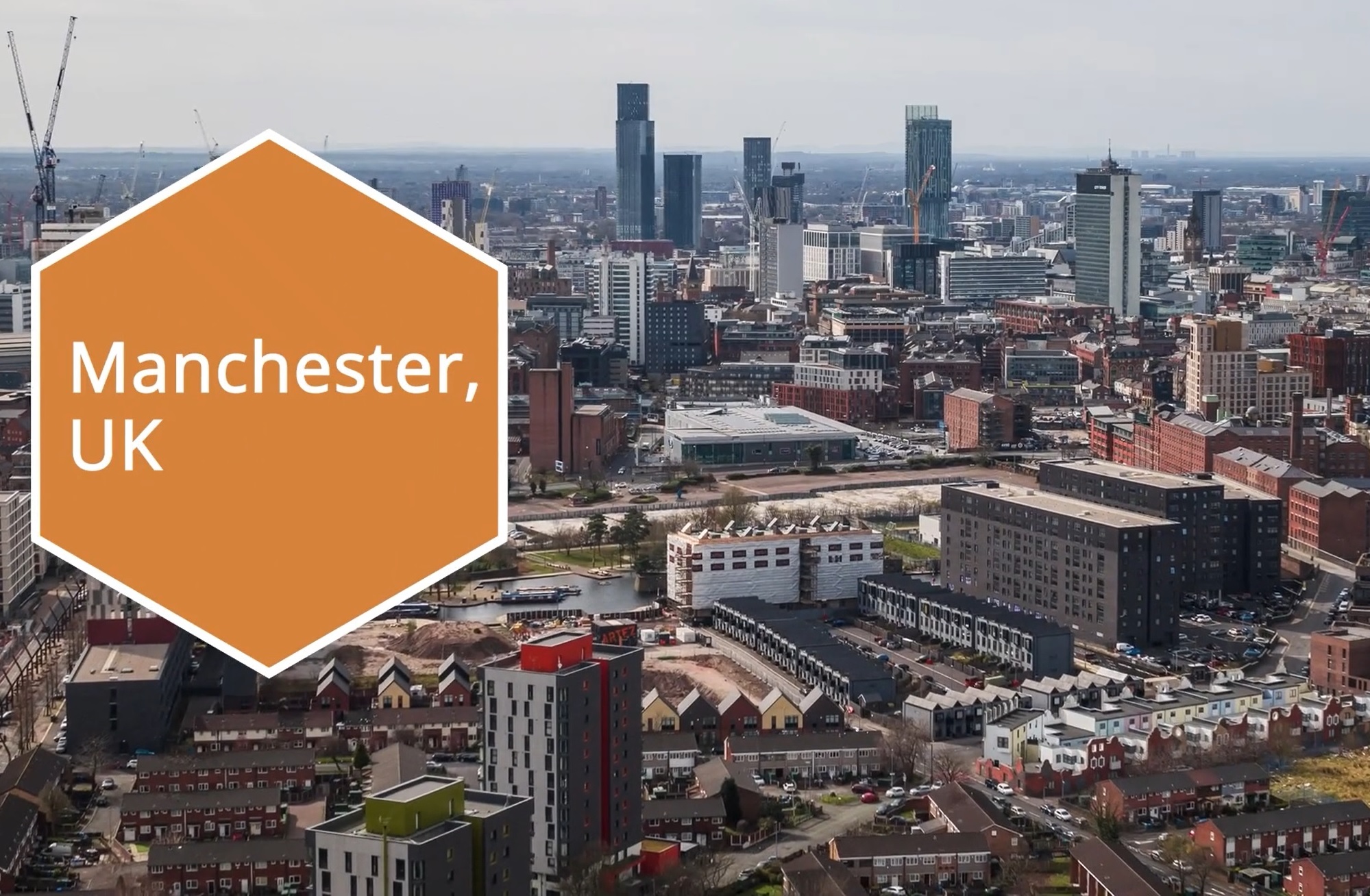Three engagement workshops have taken place in Spring 2022 with citizens of Greater Manchester regarding travel to healthcare sites in the region, with a final workshop also scheduled for early May. The purpose of these sessions is to gain insight into the barriers that prevent people from travelling to such sites via public transport, including bus, tram and train, or by active travel modes such as cycling or walking. This will assist the goals of the national healthcare service and the government to reduce carbon emissions from staff and patient travel, as well as shifting staff and patient journeys to active and public transport modes by improving their provision. Furthermore, the information will help ensure that care at home and in the local community meets patient needs in order to reduce lengthy trips to hospitals.
For the purposes of these sessions, healthcare sites include but are not limited to places such as hospitals and doctors’ surgeries, while purposes of travelling to the sites includes such things as scheduled medical appointments, attending urgent care facilities, visiting family and friends who are undergoing medical treatment, and also those travelling to work at these places.
The first two online workshops were attended by 24 people in total, which were mostly the general public and some citizens with mobility issues or other disabilities such as sight and hearing impairments. The sessions were also attended by those who work for hospital trusts and other healthcare-related organisations and foundations, in roles related to research, training, advocacy, management and sustainability.
Both sessions began with an overview of what Customer Experience entails, as well as additional information about the REFORM project and its relation to wider NHS and government goals as detailed above. Challenges concerning the public transport travel patterns of the employees and about the potential promotion of public transport use was discussed. One of the main concerns discussed in detail was that customer travel information for public transport needs to be improved, as timetables and journey planners can be difficult to use and understand, particularly by those with disabilities. Also in terms of accessibility, there was discussion about on-vehicle information provision that highlighted the desire for buses to have next stop and disruption audio announcement for the benefit of those that are visually impaired, as well as visual announcements for those who are hearing impaired. It was importantly stated that those types of announcements would benefit not only the disabled, but all public transport users in general.
Improvements to actual public transport service provision was also discussed at length, particularly in terms of the lack of network coverage for many healthcare journeys, as well as the need for improving ease of interchanging between multiple bus services and other modes such as tram or train. The lack of radial bus routes was also raised, as was the higher cost and length of time taken to get to healthcare sites by public transport when compared to travelling by private vehicles from many areas of the region.
A third in-person workshop took place on 11 April, which was attended by 11 citizens, including stroke survivors and their family members, as well as staff and volunteers from the Stroke Association. The format was more of an informal round table discussion, while still focusing on the same questions and issues as the online sessions. It aimed to gather similar types of insight into people’s perceived barriers to healthcare travel via public transport and active modes, however, this session also provided an additional unique perspective of additional challenges faced by those who have suffered the effects of a stroke, or are caring for such individuals.
Overall, one particular note was that fact that use of those passes is currently restricted to after morning peak times, whereby many medical appointments need to attended prior to that and thus requiring additional cost. It was stated that it would be beneficial to remove the usage restrictions on the disabled passes in particular, the feasibility of which may investigated in further detail by TfGM. The insight and recommendations gained from all of these engagement workshops will be invaluable in providing direction to TfGM and its partners in healthcare and government, as work is undertaken to increase the proportion of trips made to healthcare sites via public transport and active modes.
